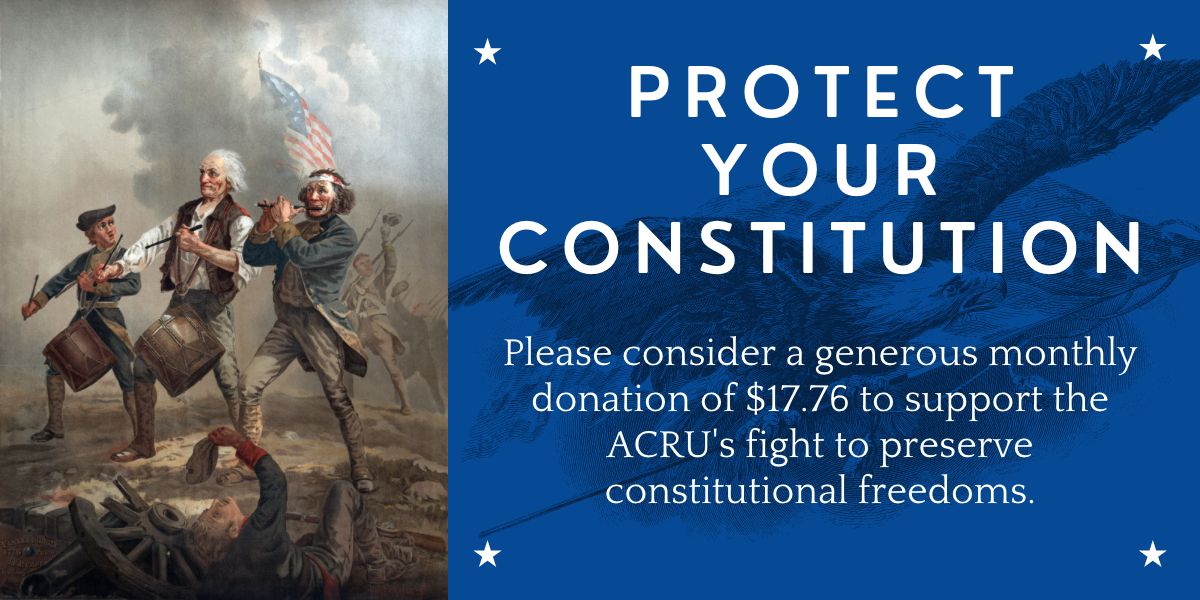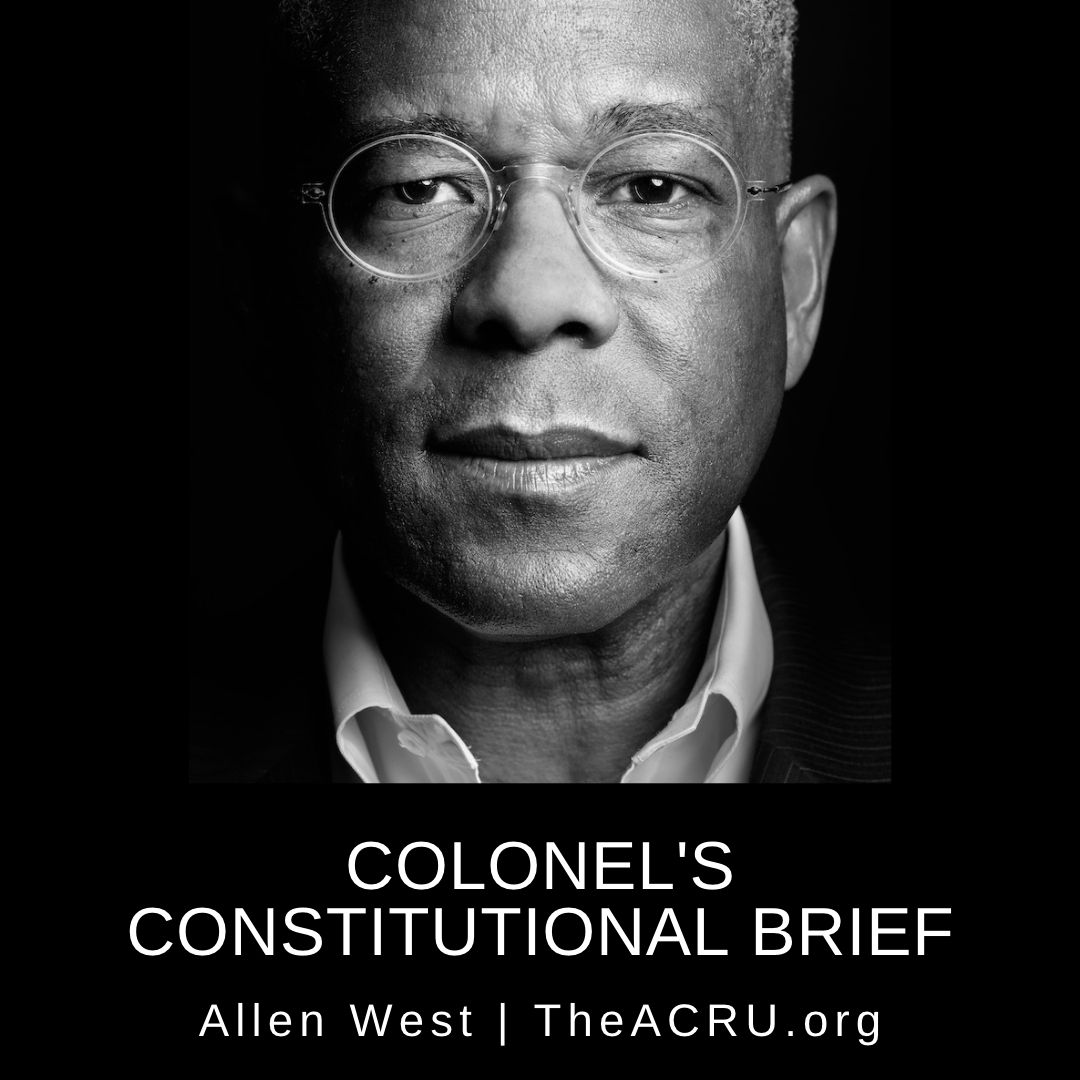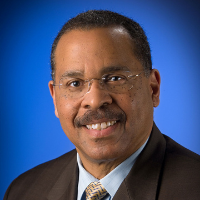Hillary Clinton Not Ruling Out Legal Challenge to President Trump’s 2016 Election
ACRU Staff
September 26, 2017
This column by ACRU General Counsel Ken Klukowski was published September 21, 2017 by Breitbart.
Hillary Clinton tried to make news this week when she surprised reporters by saying she would not rule out a court challenge to President Donald Trump’s victory over her in the 2016 presidential election, despite the fact that there is simply no chance that a federal court would rule in her favor.
Clinton was asked during an interview on National Public Radio if she would consider challenging the result of November’s election. “I wouldn’t rule it out,” she answered.
The former secretary of state claimed, “There are scholars, academics, who have arguments that it would be [possible to challenge the election results].” She then added, “I don’t think they’re on strong ground,” leading to the bizarre conclusion that she refuses to rule out a legal challenge that she admits has essentially zero chance of success.
In that one respect, the failed presidential candidate is correct. Any such challenge would promptly be dismissed. The only question is which of several reasons a federal judge would cite when throwing out the case.
Article II, Section 1, Clause 2 of the Constitution provides, “Each State shall appoint, in such a Manner as the Legislature thereof may direct, a Number of Electors, equal to the whole Number of Senators and Representatives to which the State may be entitled in the Congress.”
States are not even required to hold statewide democratic elections at all to award their Electoral College votes; they could just convene a statewide legislative session to do so. Each state has chosen to adopt the method of a statewide popular vote, but the Constitution does not compel them to do so. Each of the states that together gave President Trump 304 Electoral College votes — with only 270 votes constituting a winning majority — did so consistent with their state law. Each state has a mechanism for challenging the election result only within a limited timeframe, and Clinton failed to do so. Therefore no court would entertain her untimely assertion of any challenge.
The challenge would also fail under the political-question doctrine. There are at least six types of political lawsuits in which the Supreme Court has held federal courts lack jurisdiction to render a decision.
One of these political-question factors is when a provision of the Constitution entrusts the matter to another branch of government. In Article II, Section 1, Clause 3 — the provision immediately following the one quoted above — the Constitution specifies how the electors shall convene in the nation’s capital, then the “President of the Senate shall, in the Presence of the Senate and House of Representatives, open all the Certificates.” The Constitution goes on to provide how members of the House or Senate may challenge those certificates from the states. In doing so, the Constitution vests the authority in such a challenge in another branch of the federal government — Congress — thus depriving federal courts of any role.
Another political-question factor is when federal judicial intervention would fail to show the appropriate respect that is due to a coequal branch of the federal government. A legal challenge now would disrespect both of the other branches in the Constitution’s three-branch structure. First, it would disrespect Congress’s role in accepting the Electoral College results of the 2016 presidential election. Second, it would disrespect the head of the Executive Branch — President Trump — who has already been sworn in as the embodiment of the entire second branch of government.
Clinton’s challenge would additionally fail under the doctrine of laches. That equitable doctrine is that at some point a court should rule that a potential plaintiff has waited so long to bring a claim that everyone has since moved on, the claim has become stale, and it would be inappropriate for a court to reopen the situation so long after the fact.
President Trump has now been the 45th president of the United States for eight months — almost 20 percent of his four-year presidential term. At this point, not a single federal court in America would hold that it was a good idea to turn back the clock. It is perhaps the archetype of when the doctrine of laches bars a legal claim.
There are additional reasons why Clinton’s challenge would fail, but the three mentioned here are two more than are necessary. It leads one to wonder why she would ever make such a comment, until one recalls that she is on a book tour and trying to convince people to pay attention to her.
JOIN ACRU's PATRIOT CLUB






